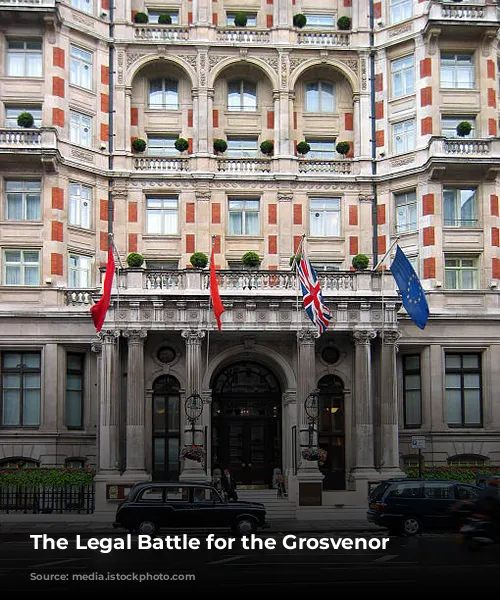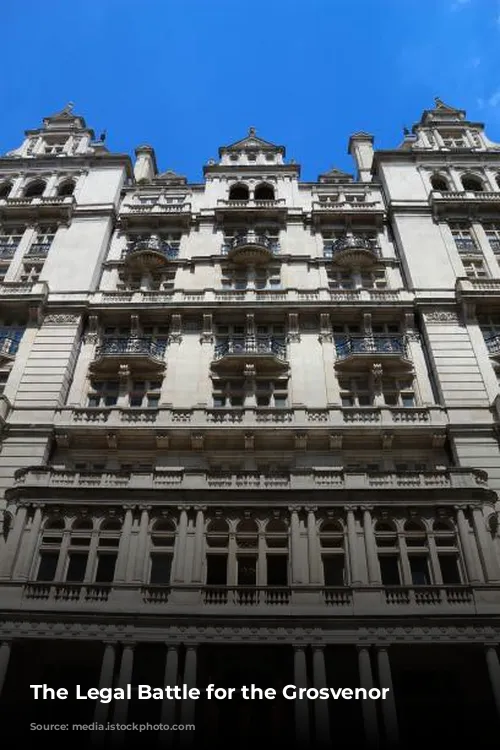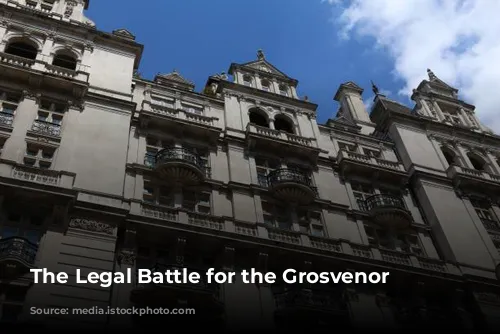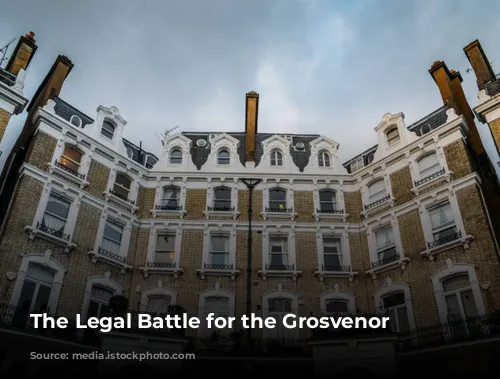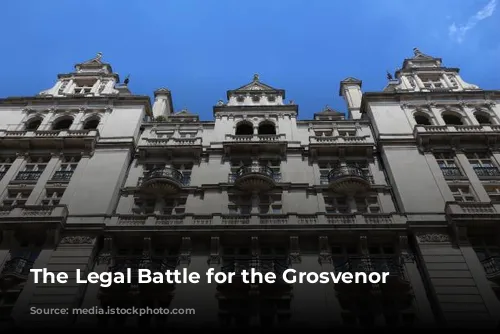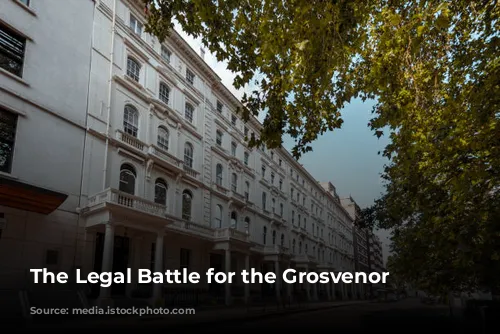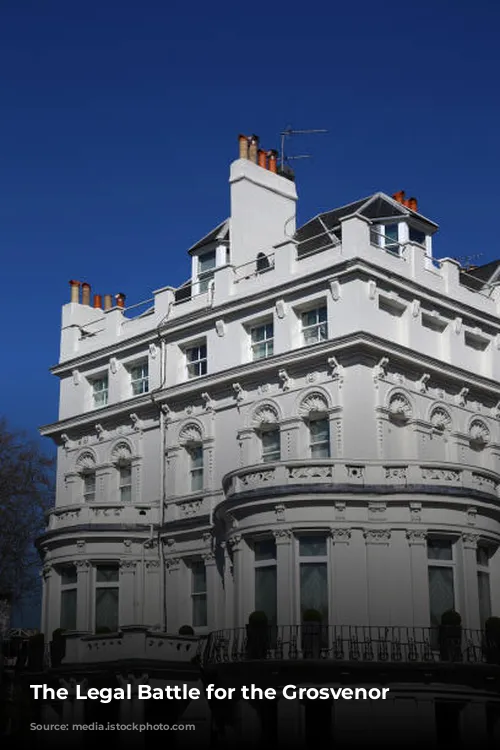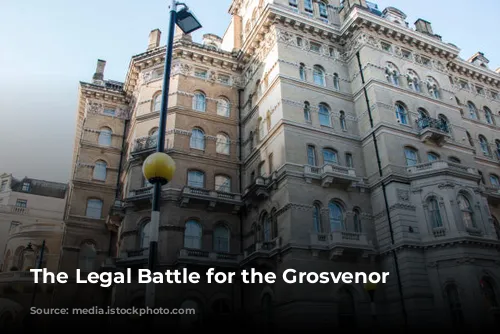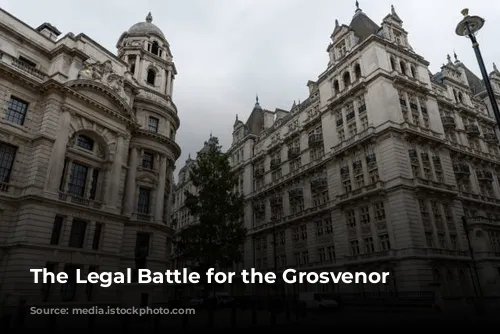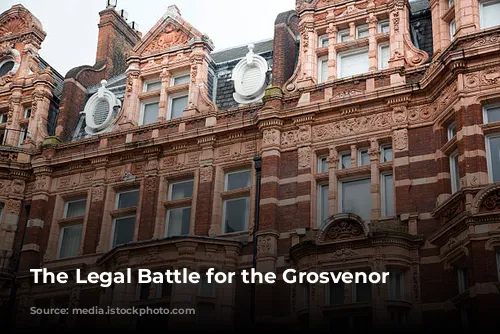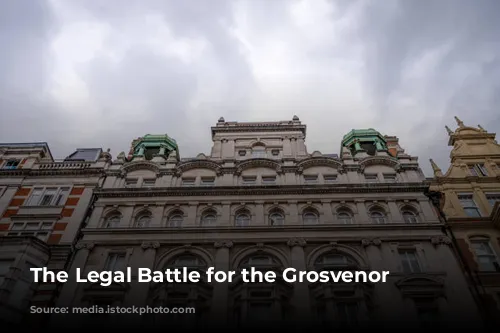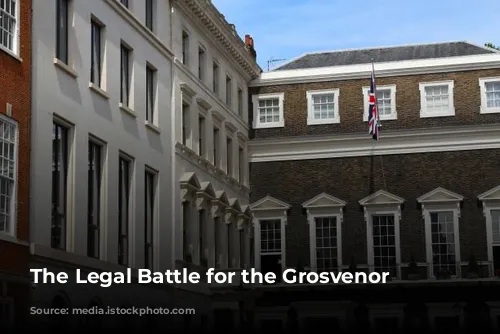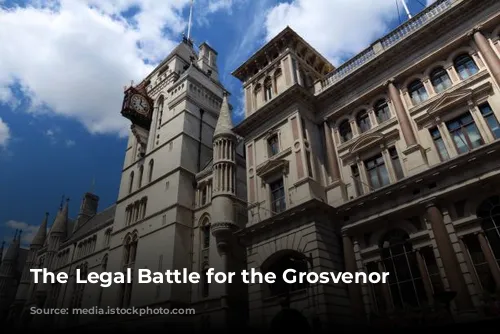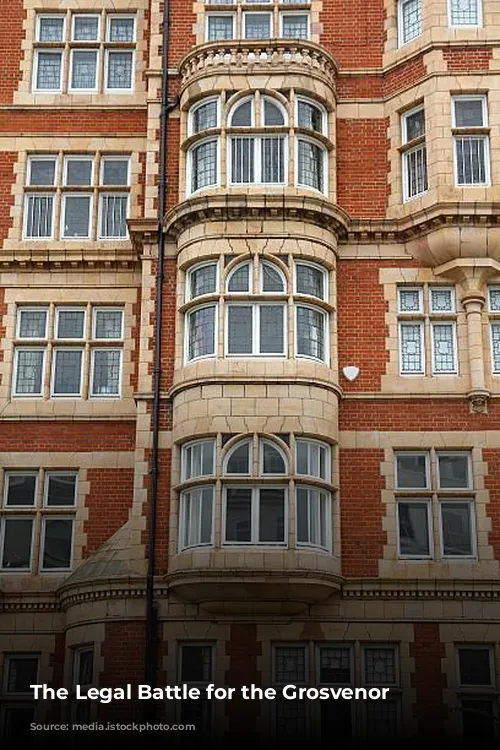The heart of this legal saga lies with the Grosvenor Hotel, a renowned establishment located at Victoria Station. In 1900, the London, Brighton & South Coast Railway Company owned the hotel and leased it for a long period to Gordon Hotels Ltd. Over time, the ownership transitioned, passing through the hands of the Southern Railway Company, the British Transport Commission, and finally resting with the British Railways Board (which I’ll refer to as the Railways Board for brevity). Importantly, Gordon Hotels Ltd. remained as the hotel’s tenant throughout these ownership changes, managing the hotel for their own business purposes.
A Lease’s End and Reconstruction
As the lease’s expiry date of 31st December, 1962, loomed, the need for a reconstruction of the Victoria Station area became clear to all parties involved. This anticipated change set the stage for a clash of interests. The Railways Board desired to reclaim possession of the hotel, while Gordon Hotels Ltd. sought a new lease. To assert their claim, the Railways Board, invoking Section 25 of the Landlord and Tenant Act, 1954, issued a notice to Gordon Hotels Ltd. informing them of the lease’s termination. They declared their intention to occupy the hotel for their own business operations.
New Legislation and a Change of Plans
However, a twist occurred in the form of the Transport Act, 1962, enacted on 1st August, 1962. Section 33 of this new legislation mandated that the Commission, now the Railways Board, transfer their hotels to a subsidiary company as soon as practical. The Railways Board accordingly established a subsidiary named British Transport Hotels Ltd. (Transport Hotel Company) and proceeded to transfer their hotels, including the Grosvenor Hotel, in exchange for shares. The Railways Board, however, was bound to consult with the Minister of Transport regarding the transfer, including providing details of the proposed transfer and adhering to the Minister’s directions.
The Intention to Occupy: A Crucial Question
The transfer of the Grosvenor Hotel to the Transport Hotel Company created a legal quandary for the Railways Board. If the hotel was transferred before the hearing, the intention to occupy would belong to the Transport Hotel Company, not the Railways Board. However, according to Section 30(2) of the Landlord and Tenant Act, 1954, the Transport Hotel Company wouldn’t be able to claim the hotel, as their interest in it was acquired less than five years prior. On the other hand, if the hotel wasn’t transferred, the Railways Board would need to demonstrate their intention to occupy the premises. This raised questions about whether their intention would meet the statutory requirements.
Discovery and the Quest for Transparency
The legal battle shifted to a quest for information. The Railways Board, through its secretary, presented two affidavits listing numerous documents related to the hotel transfer and the Victoria Station development, but they objected to producing documents categorized as legally privileged or protected by Crown privilege. These documents included correspondence between the Railways Board and the Minister of Transport concerning the hotel transfer and other related materials.
Crown Privilege: Balancing Public Interest and Justice
The Railways Board argued that disclosing these documents would compromise the public interest. The Minister of Transport supported this claim, asserting that the documents pertained to policy formulation and their disclosure would harm the government’s ability to effectively function. This led to a court battle where the Minister’s affidavit was challenged for lacking specifics about the potential harm.
The Attorney General’s Argument: A Need for Confidentiality
The Attorney General explained that the documents’ content itself wasn’t inherently harmful to the public interest. However, the Minister required the freedom and candidness of communication to receive informed advice and make sound decisions. Disclosing the documents could hinder this essential process, impacting the effectiveness of public service.
